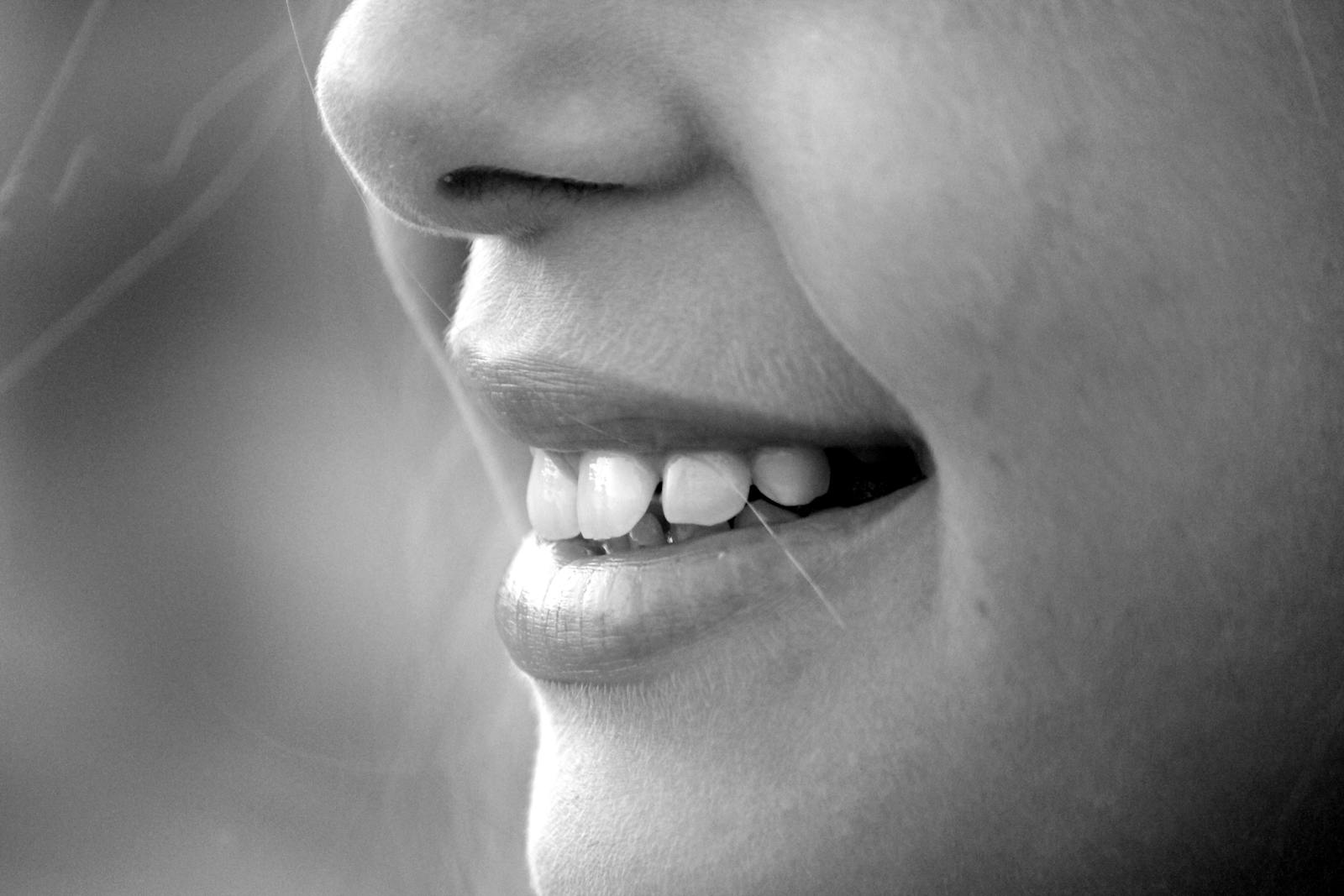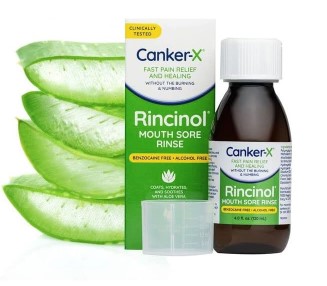
1: Overview of Canker Sores
Canker sores, also known as aphthous ulcers, are small round or oval-shaped lesions that develop within the oral cavity. They can appear on the tongue, cheeks, lips, or the roof of the mouth. These sores typically feature a white or gray center surrounded by a red border and often cause discomfort, especially while speaking, eating, or brushing one’s teeth.
2: Nature of Canker Sores
While canker sores can be bothersome and cause discomfort, it is essential to note that they are neither contagious nor a significant health concern. Although the precise cause of canker sores remains unclear, several factors, such as stress, mouth injuries, hormonal fluctuations, and nutritional deficiencies, can contribute to their formation. In most cases, canker sores heal naturally within one to two weeks, and there are treatment options, including topical medications and mouth rinses, that can help manage pain and expedite the healing process.
3: Types and Classification
Canker sores fall into three primary categories: minor aphthous stomatitis, major aphthous stomatitis, and herpetiform aphthous stomatitis. The term “stomatitis” is used to describe inflammation of the mucous membranes inside the mouth. These classifications are based on factors such as the size and quantity of sores and the duration required for healing.
- 3-1: Minor Aphthous Stomatitis
Minor aphthous stomatitis is the most common type, accounting for approximately 80% of cases. It is characterized by small, round, or oval-shaped sores, typically measuring less than 1 centimeter in diameter. These lesions tend to heal within a week without leaving lasting scars.
- 3-2: Major Aphthous Stomatitis
Major aphthous stomatitis, representing about 15% of cases, is a more severe form. These sores are typically deeper and larger, exceeding 1 centimeter in diameter, and may take two weeks or longer to heal, occasionally leaving behind scars.
- 3-3: Herpetiform Aphthous Stomatitis
Herpetiform aphthous stomatitis is the least common variety, constituting less than 5% of cases. Individuals with this type develop multiple tiny sores that cluster together. These sores are not linked to the herpes virus and can coalesce to form irregular-shaped ulcers, typically healing within a week.
4: Canker Sore Symptoms
Canker sores often manifest with a tingling or burning sensation a day or two before their appearance. They are most likely to emerge in specific areas of the oral cavity, such as the tongue, cheek, roof of the mouth, inside the lip, or on the gum tissue. Once formed, canker sores exhibit symptoms such as painful circular or oval-shaped red spots that evolve into ulcers with white or yellow centers. Other possible symptoms include fever, general discomfort (malaise), and swollen lymph nodes. Typically, canker sore pain persists for about ten days, but complete healing may take up to three weeks.

5: Causes of Canker Sores
Canker sores develop when the delicate tissues inside the mouth become irritated or damaged. Although the exact cause remains uncertain, they may result from an immune response triggered by exposure to specific substances, irritants, or injuries. Contributing factors can include:
- Injury or trauma to the mouth (e.g., dental procedures, orthodontic devices)
- Consumption of certain foods, such as citrus fruits or cheese
- Hormonal changes associated with pregnancy and menstruation
- Stress
- Nutritional deficiencies
6: Risk Factors
Canker sores are prevalent in the general population, and while anyone can develop them, certain risk factors may heighten susceptibility, including:
- Genetic predisposition: Canker sores tend to run in families, with 24% to 46% of affected individuals having relatives who also experience them.
- Gender: Women are more prone to canker sores than men.
- Underlying medical conditions: Certain health issues, such as HIV, gastrointestinal disorders (e.g., inflammatory bowel disease), or specific cancers (e.g., oral, pancreas, breast), can increase the risk of developing canker sores.
7: Diagnosis
Diagnosing canker sores primarily involves visual examination within the mouth to identify the sores. If canker sores recur frequently or do not heal within one to two weeks, healthcare providers may conduct diagnostic tests to determine the underlying cause, including food allergies or infections. These tests can include culture, biopsy, and allergy testing.
8: Treatment Options
Most canker sores will naturally heal within one to two weeks without requiring treatment. However, over-the-counter treatments and lifestyle adjustments can alleviate symptoms while promoting the healing process. In severe cases or recurrent outbreaks, healthcare providers may prescribe medications for pain relief.

9: Lifestyle Modifications
To manage canker sore pain at home, consider the following lifestyle adjustments:
- Consume soft, non-irritating foods that are easy to chew and swallow.
- Perform saltwater rinses to reduce pain and inflammation.
- Brush teeth gently with a soft-bristled toothbrush.
- Drink cold fluids to numb the pain, using a straw to avoid contact with the canker sore.
- Avoid smoking or chewing tobacco, which can irritate canker sores.
10: Over-The-Counter Medications
Over-the-counter medicines can offer temporary relief from canker sore symptoms and include:
- Topical medications, such as ointments, gels, or mouth rinses with ingredients like benzocaine or lidocaine for numbing.
- Pain relievers like acetaminophen or ibuprofen to reduce pain and inflammation.
- Milk of magnesia for pain relief.
- Aloe vera gel for promoting healing and pain relief.
11: Prescription Medications
Healthcare providers may prescribe corticosteroids and mouth rinses for severe or recurrent canker sores to alleviate pain. Corticosteroids can be applied directly to the sores or taken orally, while mouthwashes with corticosteroids may be recommended for widespread outbreaks.
12: Prevention
While preventing canker sores entirely may not be guaranteed, taking certain measures can help reduce the risk of developing them. These measures include:
- Maintaining good oral hygiene with a soft-bristled toothbrush and alcohol-free mouthwash.
- Avoiding foods that can trigger or worsen canker sores, such as acidic and spicy items.
- Identifying and avoiding specific allergens or irritants that have previously caused canker sores.
- Managing stress through stress-reduction techniques like meditation, exercise, or spending time in nature.
- Protecting the mouth from injury by avoiding habits like biting the inside of the cheeks or lips and using caution with hot foods and beverages.
- Maintaining a well-balanced, nutrient-rich diet to prevent nutritional deficiencies.
13: Complications and Living With Canker Sores
While canker sores typically heal without complications within one to two weeks, in rare cases, they can lead to infections or scarring. Infections may occur when open sores are exposed to harmful microorganisms like bacteria or fungi. Severe or large canker sores, particularly major aphthous stomatitis, can result in scarring or tissue damage within the affected area, altering the texture and appearance of the mouth tissue.
Coping with canker sores may be frustrating, especially if they affect daily activities like eating, drinking, or speaking. Managing pain and discomfort through soft foods and topical numbing creams can help while waiting for healing. Maintaining good oral hygiene, including gentle brushing and using a mild mouthwash, can promote healing and prevent infections. If canker sore symptoms persist beyond two weeks or worsen, seeking medical advice is recommended.





